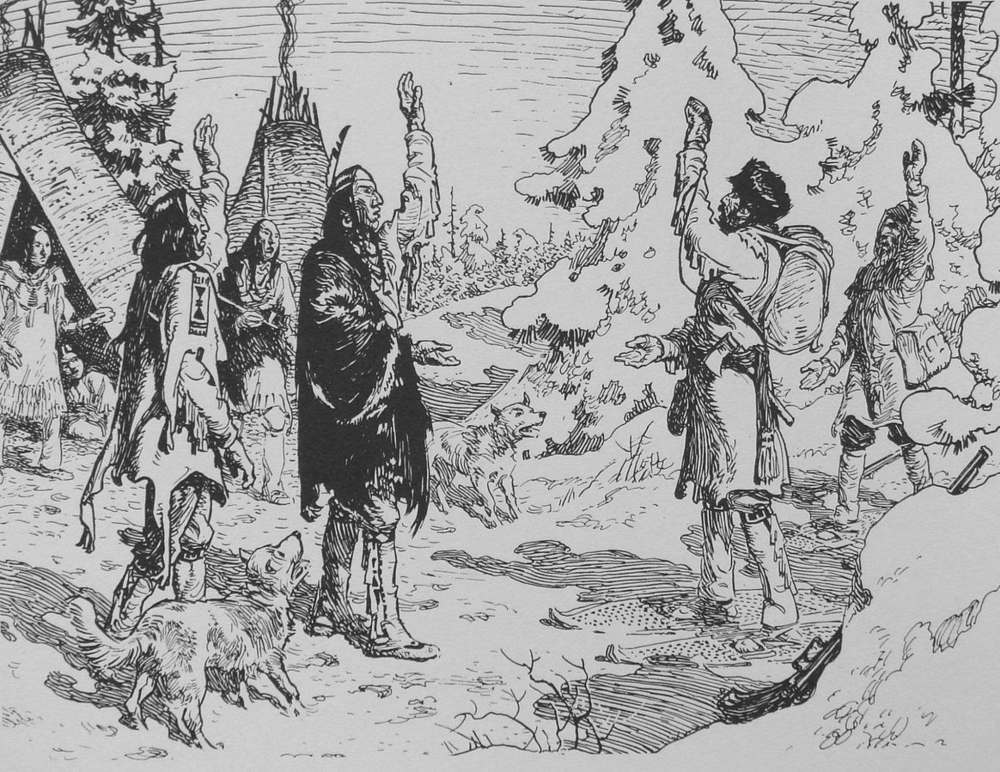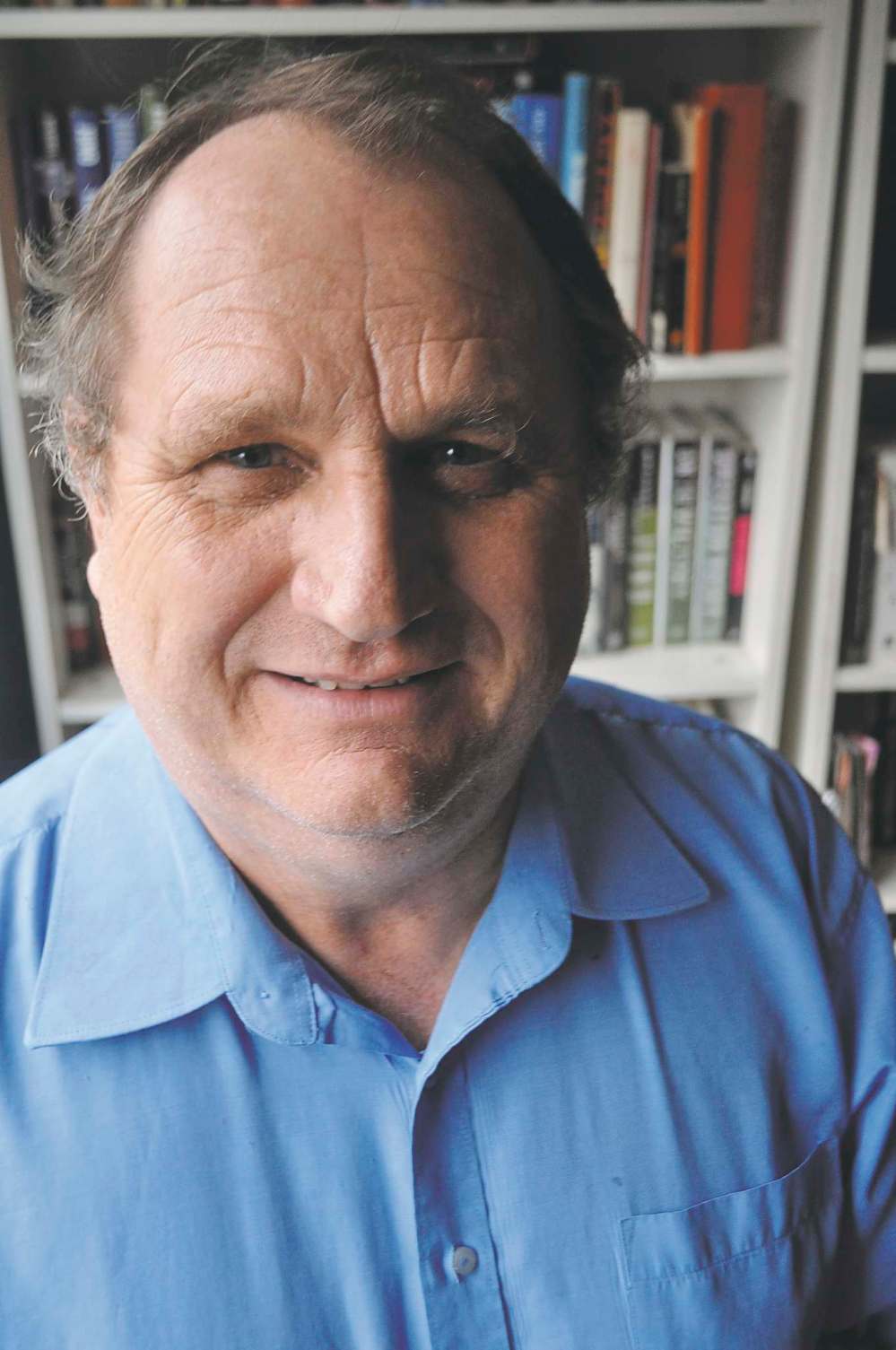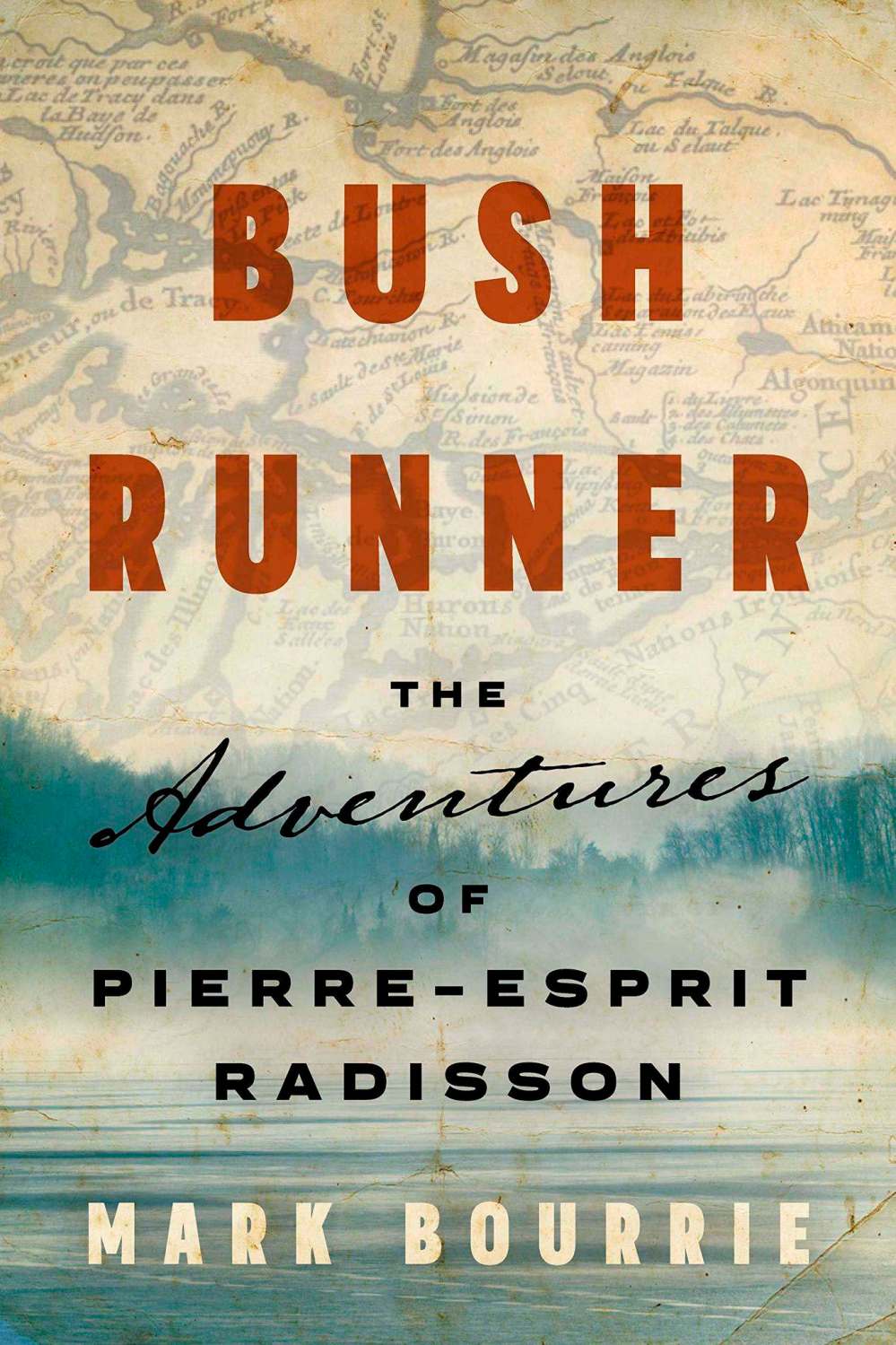A new frontier
Radisson's early North American exploits expertly conveyed
Advertisement
Read this article for free:
or
Already have an account? Log in here »
To continue reading, please subscribe:
Monthly Digital Subscription
$1 per week for 24 weeks*
- Enjoy unlimited reading on winnipegfreepress.com
- Read the E-Edition, our digital replica newspaper
- Access News Break, our award-winning app
- Play interactive puzzles
*Billed as $4.00 plus GST every four weeks. After 24 weeks, price increases to the regular rate of $19.00 plus GST every four weeks. Offer available to new and qualified returning subscribers only. Cancel any time.
Monthly Digital Subscription
$4.75/week*
- Enjoy unlimited reading on winnipegfreepress.com
- Read the E-Edition, our digital replica newspaper
- Access News Break, our award-winning app
- Play interactive puzzles
*Billed as $19 plus GST every four weeks. Cancel any time.
To continue reading, please subscribe:
Add Free Press access to your Brandon Sun subscription for only an additional
$1 for the first 4 weeks*
*Your next subscription payment will increase by $1.00 and you will be charged $16.99 plus GST for four weeks. After four weeks, your payment will increase to $23.99 plus GST every four weeks.
Read unlimited articles for free today:
or
Already have an account? Log in here »
Hey there, time traveller!
This article was published 06/04/2019 (2384 days ago), so information in it may no longer be current.
Some readers may know of Pierre-Esprit Radisson’s role in founding the Hudson’s Bay Company.

Few Canadians, however, are likely familiar with the incredible transatlantic adventures that filled Radisson’s life. As told by Canadian historian and journalist Mark Bourrie, Radisson’s dizzying number of journeys into and from Canada’s wilderness, and then to Europe and the Caribbean and back again — to say nothing of his habit of shifting allegiances — make for highly entertaining reading.
Bourrie is a prolific, award-winning historian and journalist and the author of 2011’s Fog of War, about wartime censorship in Canada, as well as his investigation into Islamic State group propaganda and recruitment strategies, 2016’s The Killing Game.
In a way, this background of distinguishing fact from fiction proves a valuable asset as he seeks to parse conflicting accounts from the age, including from Radisson’s own hand.
For Bush Runner, Bourrie delves deeply into Radisson’s own minutely detailed first-person accounts of his travels and experiences among the Mohawks, Algonquians, Cree and Huron, written originally for England’s King Charles II and his inner circle, as well as the Royal Society, all of whom were eager to expand British imperial trade further into North America.
Radisson’s story is remarkable: abducted as a young man and adopted by the Mohawks, he would learn at least six Indigenous languages — experiences that made him useful to both the French and English in their efforts to gain footholds on the continent.
At the same time, he openly admits to both murder and cannibalism, and as a result is subject to disfiguring torture at the hands of his adopted community, while he sees other captives tortured to death and burned alive. These passages may make for difficult reading, but Bourrie reminds the reader Europeans of the age were equally efficient as the Iroquois in meting out such violence on their enemies.
Eventually, Radisson escapes to the Dutch and returns to his home in Trois-Rivières, Que., whereupon he and his brother-in-law, fur trader Médard Chouart des Groseilliers, begin a decades-long (and scruples-free) partnership to make themselves useful and wealthy in developing the trade in beaver pelts for whichever government would finance their travels.
In addition to numerous voyages across the Atlantic and his role in establishing the Hudson’s Bay Company (with which he had long-standing legal battles), Radisson also found himself arriving in London just in time to miss the plague of 1665, but not the Great Fire of 1666; and on hand to participate in the Franco-Dutch war in the Caribbean in the late 1670s.

Given his protagonist’s penchant for witnessing the sweep of history and interacting with so many of its figures, Bourrie compares Radisson to Forrest Gump, one of the rhetorical flourishes that makes the book such a pleasure.
More fascinating still is Bourrie’s thoughtful portrayal of the Indigenous cultures in which Radisson lived and the politics in which he was involved — not just in terms of their social practices and alliances, but also their expansive war-making powers, against which French settlements and armies of the time were vulnerable.
As the story of one man’s place in an extraordinary period of history — and more importantly, of his own role in authoring that history — Bush Runner is an engaging achievement.
Michael Dudley is a librarian at the University of Winnipeg.
By buying through links provided on this page, you are supporting local writers, reviewers and book sellers.


